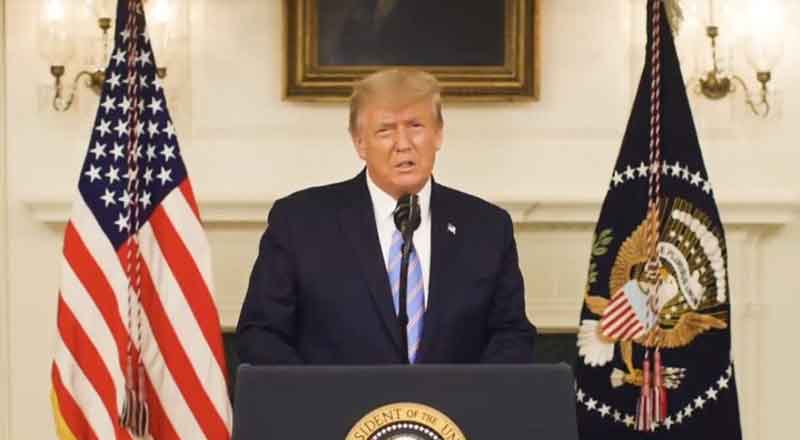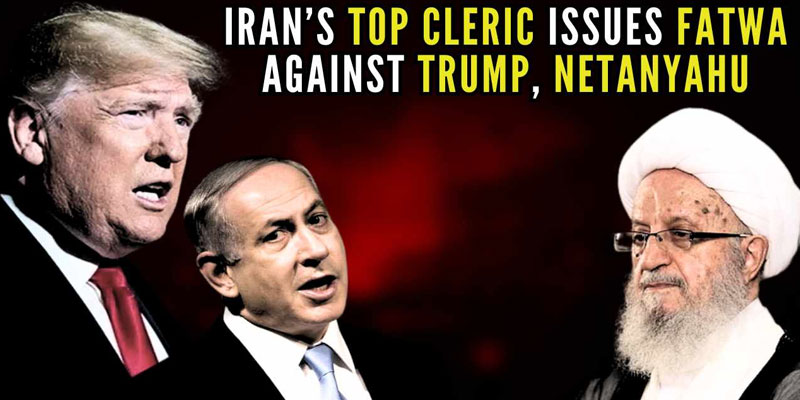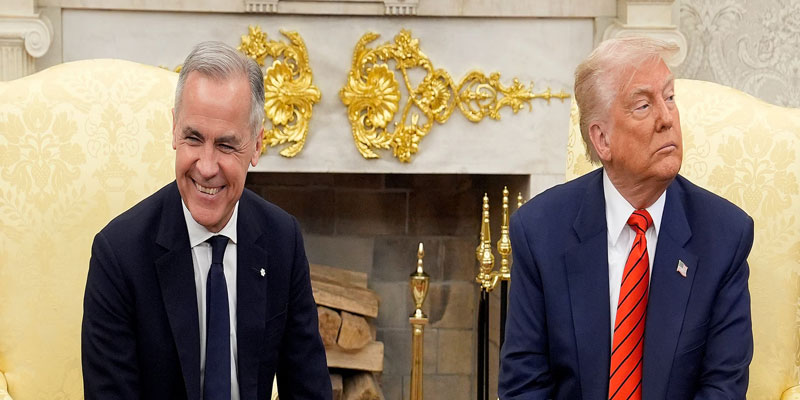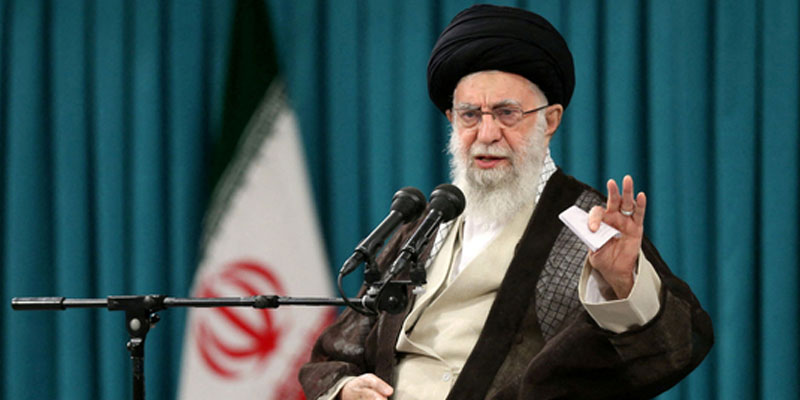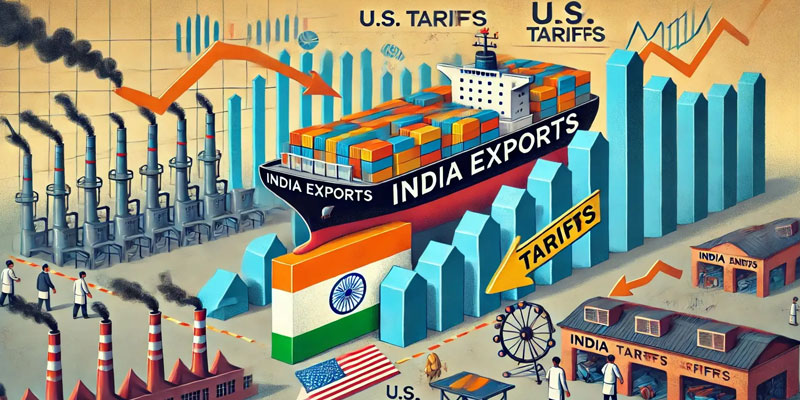A Controversial Century Mark: Trump’s Second Term Hits 100 Days
President Donald Trump has completed the first 100 days of his second term in office, having returned to the White House on January 20, 2025. In that time, he has reshaped key elements of American policy through a flurry of executive actions, declared a national emergency at the southern border, and fundamentally altered the federal government’s operations through a newly formed agency. Yet, despite the boldness of his agenda, Trump faces mounting legal challenges and a steep decline in public approval—culminating in the lowest 100-day rating of any U.S. president in seven decades.
What the Polls Say: A President Under Pressure
Multiple national surveys paint a sobering picture for Trump’s second-term prospects. A CNN-SSRS poll places his current approval rating at just 41%, the lowest of any president at this stage since polling began in the 1950s. Even during his controversial first term, Trump never sank this low so early.
The discontent isn’t confined to Democrats or independents. A Washington Post-ABC News-Ipsos poll indicates that a quarter of Republican-leaning voters feel Trump is overreaching—particularly with moves like closing federal agencies and targeting political opponents. Similarly, an AP-NORC poll found that just over half of Republicans believe Trump is focused on the right priorities, underscoring growing internal fractures within the GOP.
Executive Orders and Legal Landmines: Key Policy Moves
Trump’s second term has so far been defined by speed and centralization. In just 100 days, he signed over 140 executive orders, surpassing his own first-term pace and all of his predecessors in the modern era.
Among the most consequential:
- National Emergency at the US-Mexico Border: On Day 1, Trump declared a national emergency, deployed troops, and labeled select drug cartels as foreign terrorist organizations—actions that triggered both court battles and diplomatic tensions with Mexico.
- End of Birthright Citizenship: Aimed at children of undocumented immigrants, this order faced immediate constitutional challenges and is now under federal court review.
- Creation of the Department of Government Efficiency (DOGE): Led by Elon Musk, DOGE has spearheaded mass layoffs and departmental consolidations, drawing legal challenges over procedural violations and civil service protections.
- Environmental Rollbacks: Trump greenlit aggressive energy exploration on public lands, revoked Obama-era climate protections, and initiated withdrawal from the Paris Climate Agreement for a second time.
- Foreign Policy Shifts: Cuba was redesignated as a state sponsor of terrorism. At the same time, Trump reversed prior sanctions on Israeli settlements, stirring international criticism and complicating U.S. diplomacy in the Middle East.
Economic Fallout: Market Volatility and Consumer Anxiety
Trump’s economic policies have rattled both investors and everyday Americans. New tariffs, including on goods from long-standing allies in Europe and Asia, sparked retaliatory measures and trade uncertainty. The Pew Research Center reports that 59% of Americans disapprove of the tariff hikes, while 55% oppose the deep budget cuts and agency reductions carried out through DOGE.
Markets have responded with volatility, and small business confidence has plummeted to its lowest level in three years. Though Trump insists his policies are "pro-America and pro-growth," fears of inflation and recession loom large.
Global Standing: Alliances Strained, Agreements Scrapped
On the global stage, Trump has reasserted a unilateral “America First” doctrine. NATO members have come under renewed criticism for “not paying their fair share,” and tariffs have been reimposed on various European and Asian partners. Efforts to broker ceasefires in Gaza and Ukraine have faltered, and Trump’s decision to initiate withdrawal from the World Health Organization has further isolated the U.S. from international coalitions.
European leaders, including France’s Emmanuel Macron and Germany’s Olaf Scholz, have publicly lamented Washington’s inward turn, warning of a leadership vacuum in global diplomacy.
A Polarizing Presidency on Shaky Ground
As Donald Trump embarks on the remainder of his second term, his presidency stands at a precarious crossroads. While his aggressive executive style and sweeping policy moves have thrilled loyalists, the broader electorate appears increasingly skeptical. Legal entanglements, internal GOP dissatisfaction, and international unease have cast long shadows over his first 100 days.
If current trends persist, Trump’s legacy in his second term may not be judged by the volume of his orders or the audacity of his rhetoric—but by whether the American public, and the global community, believe he is leading the country forward or isolating it further. With a polarized nation and mounting resistance at home and abroad, the path ahead will likely test the resilience not just of the Trump administration, but of the American democratic system itself.
(With inputs from agencies)


